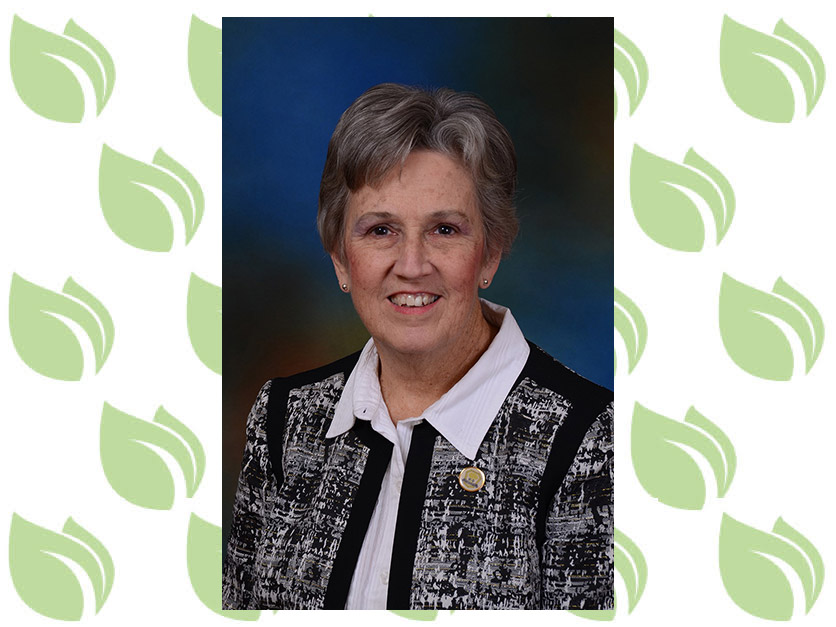Federal regulators like the Securities and Exchange Commission are rarely on the minds of America’s family farmers. Unfortunately, this could soon change as the SEC is hawking a proposal that will directly affect rural communities and farmers across the country if enacted.
The SEC’s proposed rule requires public companies of all sizes to disclose their “climate-related risks” by tracking and reporting their direct and indirect greenhouse gas emissions to investors. Why should farmers care? Simple. The proposed rule requires public companies to disclose their Scope 3, or “indirect” greenhouse gas emissions. Indirect emissions are those that result from activities from assets not owned or controlled by the publicly traded entity. However, in order to do business with larger publicly traded companies, small farms will be required to disclose large amounts of emissions information despite not being publicly traded themselves.
Unlike large corporations, small farms do not have robust compliance and legal departments. Imposing burdensome reporting requirements could disqualify small, family-owned farms from doing business with larger companies, thus forcing farms into the untenable position of being gobbled up by a larger company or having to shut down entirely. The result of farm consolidation is less competition and higher prices. Consumers will pay for their food and groceries at a time when inflation is sitting at a record high of 9.1%. The last thing consumers need is another increase in food prices.
Farms of all sizes have contributed to America’s food supply, and the larger economy. Currently, farming contributes over $100 billion in value to the U.S. gross domestic product. Due to the expense of climate reporting, the SEC’s new rule could significantly decrease this number, and would threaten farming jobs and farmers’ ability to provide supply for the nation.
From an environmental perspective, farmers are already highly attuned to the importance of being good stewards of the land they tend. There are multiple programs at the federal level to help farmers implement conservation practices. For example, the Conservation Reserve Program, administered by the Farm Service Agency, pays a yearly rental payment to farmers who agree to remove environmentally sensitive land from agricultural production. Adding burdensome reporting requirements will make it even more difficult to collaborate with larger businesses that purchase their raw materials and turn them into consumable products.
Farmers across the country have expressed their concerns for the effects that the climate disclosure rule would have on their ability to conduct their business. In May of this year, the National Grange sent a letter to the SEC Chairman Gary Gensler, detailing our concerns about the rule, and we were not alone! The National Farmers Union, which represents family farm, ranch and rural members nationwide, stated their concern about the proposed rule. They emphasized that small- and mid-sized farms would struggle the most to report their Scope 3 emissions, stating that they could be “burdensome and challenging […] to comply with.” This financial strain would allow large agricultural corporations to capitalize on family farms’ failure and monopolize an already overly concentrated industry.
Similarly, The National Council of Farmer Cooperatives also criticized the SEC’s proposed rule, noting, “agriculture producers lack sophisticated technological systems to track emissions.” They argue that the liability that small- and mid-sized farms would face when reporting their indirect effects on emissions would be implicated with the new rule, causing these farms to scramble to find the resources to carry out the necessary reporting.
Our nation’s agricultural industry has long strived to keep emissions reductions at the forefront of their business model. For years, farmers have been required, at the local, state and federal levels, to comply with regulatory directives that require them to report information regarding their GHG emissions. They do not need more regulations that would harm their ability to carry out their businesses, as well as provide for our nation.
Supporting agriculture and strengthening rural communities have long been at the forefront of our organization since its beginning 154 years ago. The SEC’s proposed rule is well out of the scope of the commission’s regulatory mandate and the last thing our nation’s farming industry needs is more costly mandates that will jeopardize our farms and food supply chain.
Betsy Huber is the president of the National Grange. It was founded in 1867 as a national organization with a local focus: family and community with its roots in agriculture. Local Grange members are organized in local, county and state chapters across the country.
For more ag news or opinions, visit www.Agri-Pulse.com.

